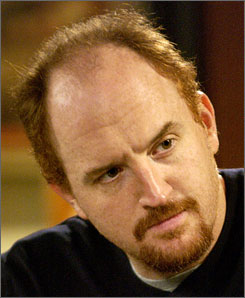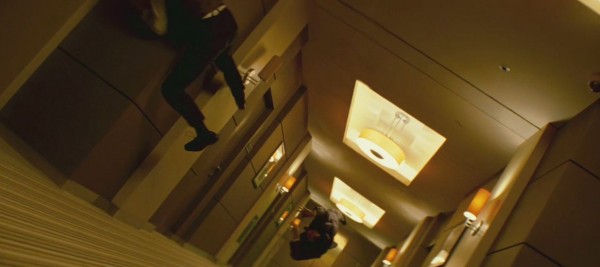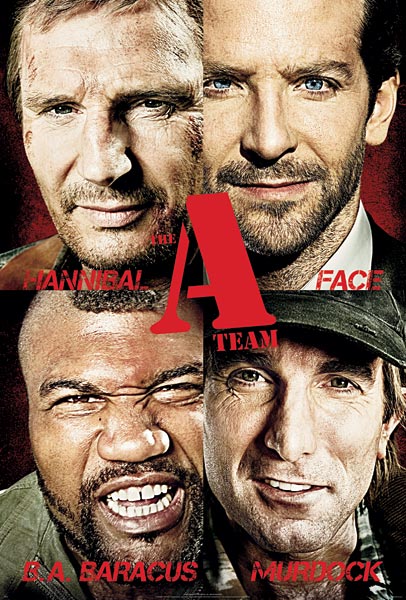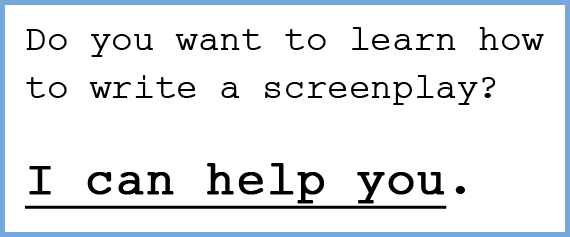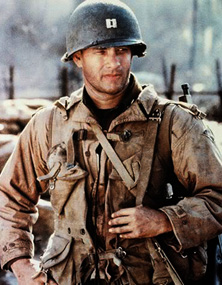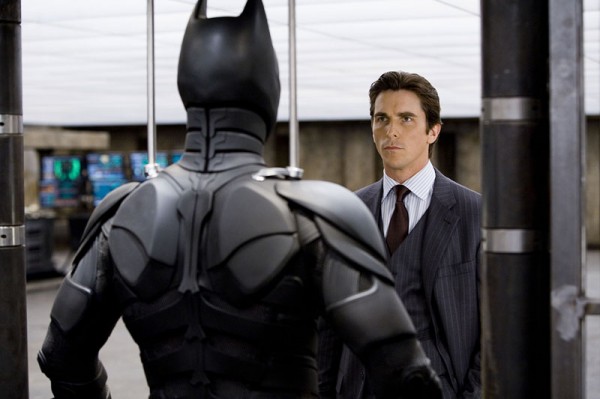
“If you are looking for someone who
combines expert analysis with incredible
credentials and experience, put
Daniel Calvisi in your
script analyst black book.”
Dear Screenwriters,
I have been an Inktip member for years and I recommend it to every screenwriter I meet, coach or collaborate with. I know several writers who have found success by listing their scripts on Inktip.
I have been one of Inktip’s approved Screenplay Consultants for years.
In fact, Inktip is the only site outside of my own that I’ve ever endorsed for the simple reason that they have an incredible track record when it comes to getting films made.
I am proud to be involved with Inktip as one of their approved Consultants for the first annual Inktip Pitch Summit. It’s the only pitch event that I’ve ever been involved with.

With that said, I love to work with Inktip screenwriters
because I know that they have made a
serious commitment to their careers.
Let me tell you a little bit about me
and the DISCOUNTS I can offer you.
The first reason I stand out from the ever-increasing pack of Script Consultants is that I have extensive experience in the movie industry as a Story Analyst with a list of past employers that includes MIRAMAX FILMS, TWENTIETH CENTURY FOX, NEW LINE CINEMA and the production company of director JONATHAN DEMME (The Silence of the Lambs, Beloved, The Manchurian Candidate).
I was an “A” List Reader. I worked for executives who developed and/or executive produced the films CHICAGO, ULEE’S GOLD, SPY KIDS, SCREAM 2 & 3, CHOCOLAT, THE GAME, VOLCANO, MIMIC, ONE FINE DAY, THE WEDDING SINGER and many others. I was given top-priority material, including the original spec draft of THE SIXTH SENSE and the source novel of THE DARK FIELDS (now a major movie starring Bradley Cooper and Robert DeNiro).
Secondly, I have been focusing on screenwriting as a career for over 14 years (as a Screenwriter, Reader, Coach and Teacher) and I have helped to guide over 450 screenwriters since 1997. As you can see from my extensive website which lists all of my credentials, services and contains many blog posts, I am serious about the craft and business of screenwriting.
-
With all that said, I always offer DISCOUNTS AND SPECIAL OFFERS to INKTIP MEMBERS!
If you can forward me one of your Inktip member emails as proof, I can extend to you one of the following offers…



To make it in this incredibly competitive business, your script can’t just be good, it must be great. So let’s make your script GREAT!
Sincerely,
Daniel Calvisi
To book your Consultation or ask a question… Email or call me.

Where are you at in the screenwriting process?
To book your Consultation or ask a question… Email or call me.
- To sign up for my Screenwriting Newsletter to get bi-weekly updates on new articles, interviews, tips, discounts and special offers…use the form on the left column HERE.



 After emerging from my sub-basement cryo-chamber as my alter-ego
After emerging from my sub-basement cryo-chamber as my alter-ego 
